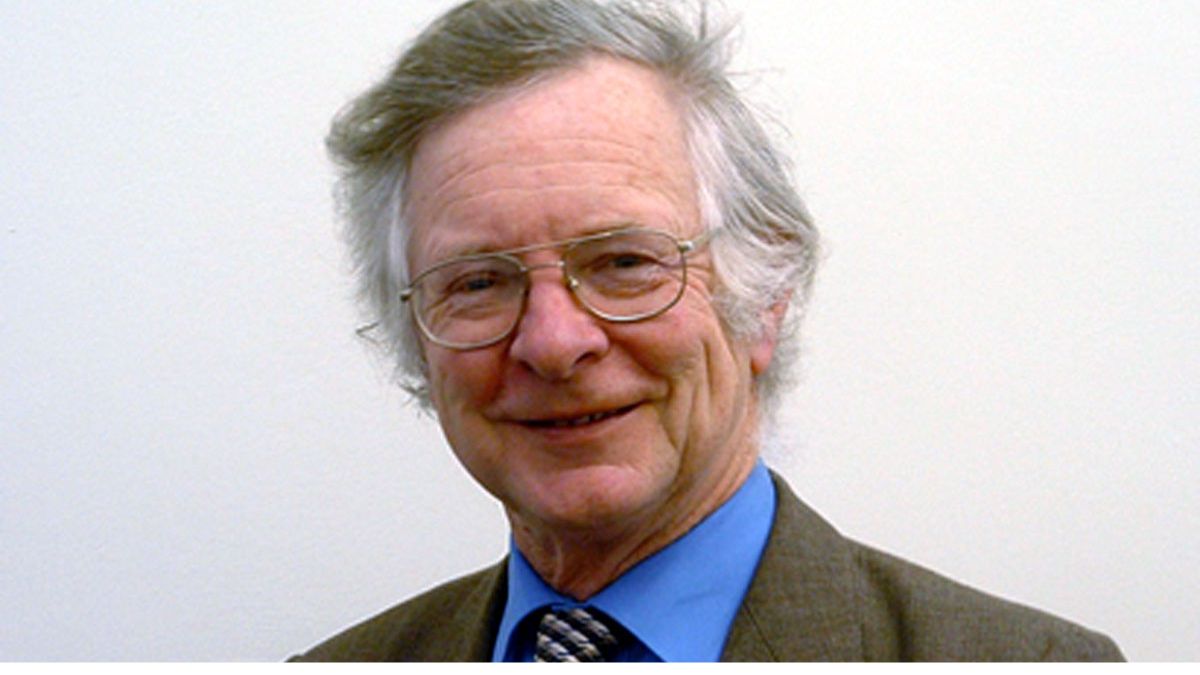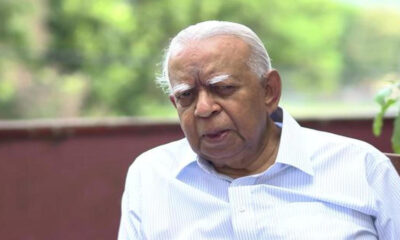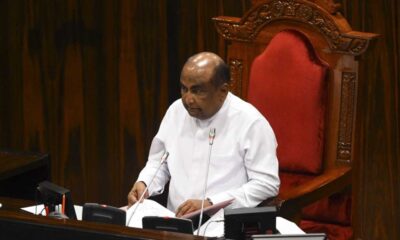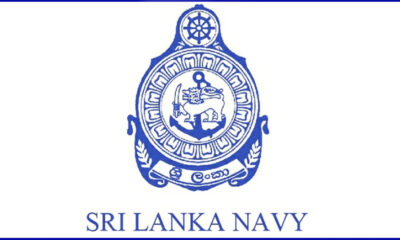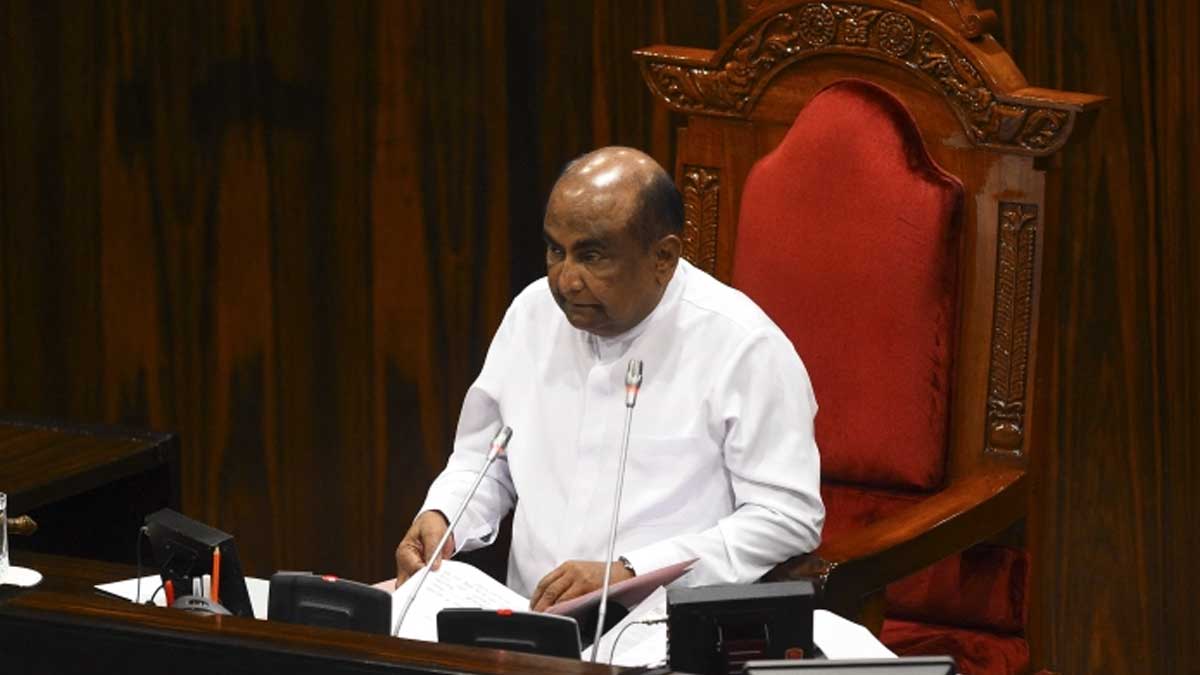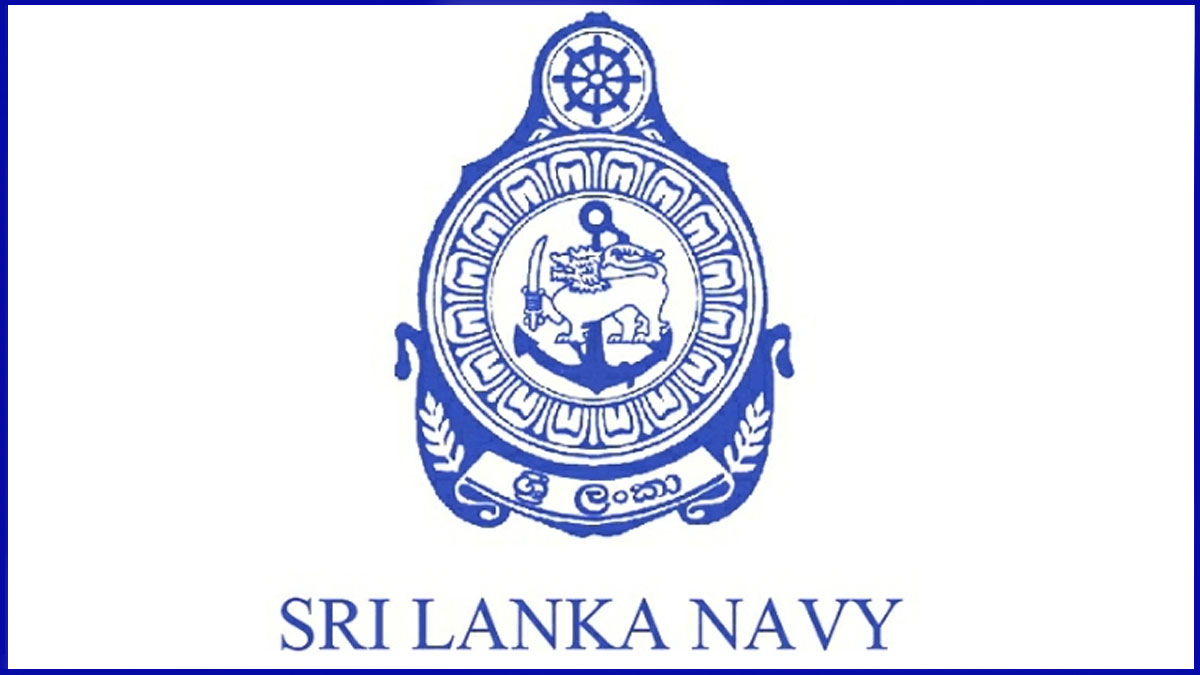Frank Duckworth, the man whose mathematical knowledge helped to revolutionise rain-affected cricket, has died aged 84.
The Lytham-born statistician created the Duckworth-Lewis method, a model to recalculate scores when limited-over matches were curtailed by weather conditions, with fellow Lancastrian Tony Lewis.
Announcing Duckworth’s death, fellow statistician Rob Eastaway said he had been “a very genial man” who was “proud” of the method, despite it leaving casual fans somewhat flummoxed.
“A lot of people either claim they don’t understand it or don’t like it, but they know deep down, it is the best way of working,” he said.
The former King Edward VII School Lytham student and University of Liverpool graduate spent his entire career working in the nuclear industry.
Originally employed as a metallurgist, he found he had an ability to extract useful information from masses of numerical measurements.
A course in statistics followed and he later became a statistician, being elected as a fellow of the Royal Statistical Society in 1974.
The formula has become a part of cricket folklore
At the society’s conference in 1992, he presented a short paper which proposed a formula for target correction in rain interrupted one-day cricket matches.
This led him to meet Lewis, a mathematics lecturer, who suggested an analysis of one-day score sheets based on Duckworth’s proposed formula.
Their method was devised in the wake of a farcical Cricket World Cup semi-final between England and South Africa in 1992.
Rain stopped play with South Africa needing 22 runs from 13 balls, but on resumption, the then-method of recalculation, which was based on productive overs, saw them requiring an almost impossible 22 runs off one delivery.
Speaking in 2007, Duckworth, who lived in Gloucestershire, said he recalled hearing BBC Test Match Special commentator Christopher Martin-Jenkins “on the radio, saying ‘surely someone, somewhere, could come up with something better'”.
“I realised that it was a mathematical problem that required a mathematical solution,” he said.
The subsequent Duckworth-Lewis method was first used in the ICC Trophy in Malaysia in 1997 and in 1998, it was applied in New Zealand, South Africa, Pakistan, India and West Indies.
The International Cricket Council adopted the method for the 1999 World Cup in England and it was adopted on a trial basis for all cricket by the ICC in 2001 before becoming the permanent solution three years later.
It is now known as the Duckworth-Lewis-Stern method after Australian statistician Prof Steven Stern became the custodian of the method following his predecessors’ retirement.
Stern updated the method in 2014 to take into account modern scoring trends and T20 cricket.
The method was used as recently as Monday in the rain-affected World Cup match between Afghanistan and Bangladesh.
The Duckworth-Lewis-Stern method was called into action at the T20 World Cup on Monday
Duckworth received an honorary doctorate from the University of Bath in 2015.
In the citation, it said he had been as important to the nuclear industry as he had been to cricket.
“He came to realise the importance of statistics, not just to ensure reactor safety but also to assure the public that the reactors are safe,” it said.
“At that time, there were no statisticians working at the laboratories, so he set about making himself into a statistician.
“Then he had to convince his colleagues and others of the power of statistics, and spreading that idea has been at the core of everything he has done since.
“Persuading the cricket administrators that statistics could help them was just another example of that.”
Mr Eastaway said while the statistician had been a powerhouse when it came to numbers, he also had a lighter side.
“When Tony Lewis died in 2020, he phoned to tell me that people thought he was already dead,” he said.
“They were like a comedy double act.
“Lewis was the straight man and Frank was very jovial.”
(BBC News)
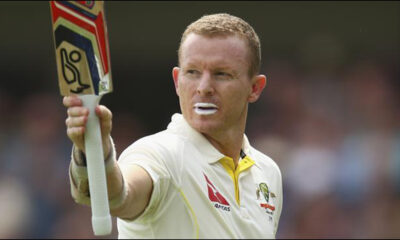
 News2 days ago
News2 days ago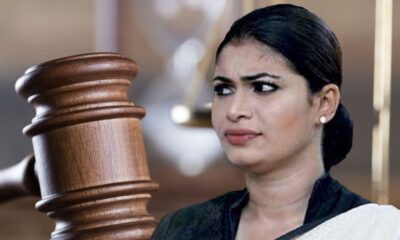
 News3 days ago
News3 days ago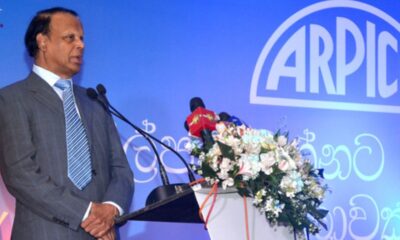
 BIZ1 day ago
BIZ1 day ago
 News1 day ago
News1 day ago
 News5 days ago
News5 days ago
 BIZ5 days ago
BIZ5 days ago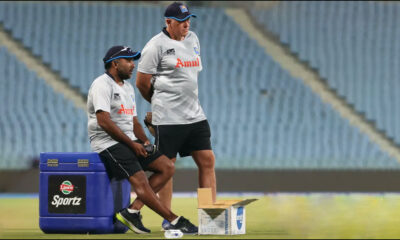
 News5 days ago
News5 days ago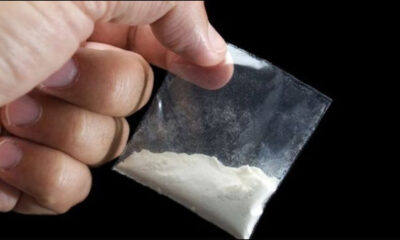
 News2 days ago
News2 days ago

